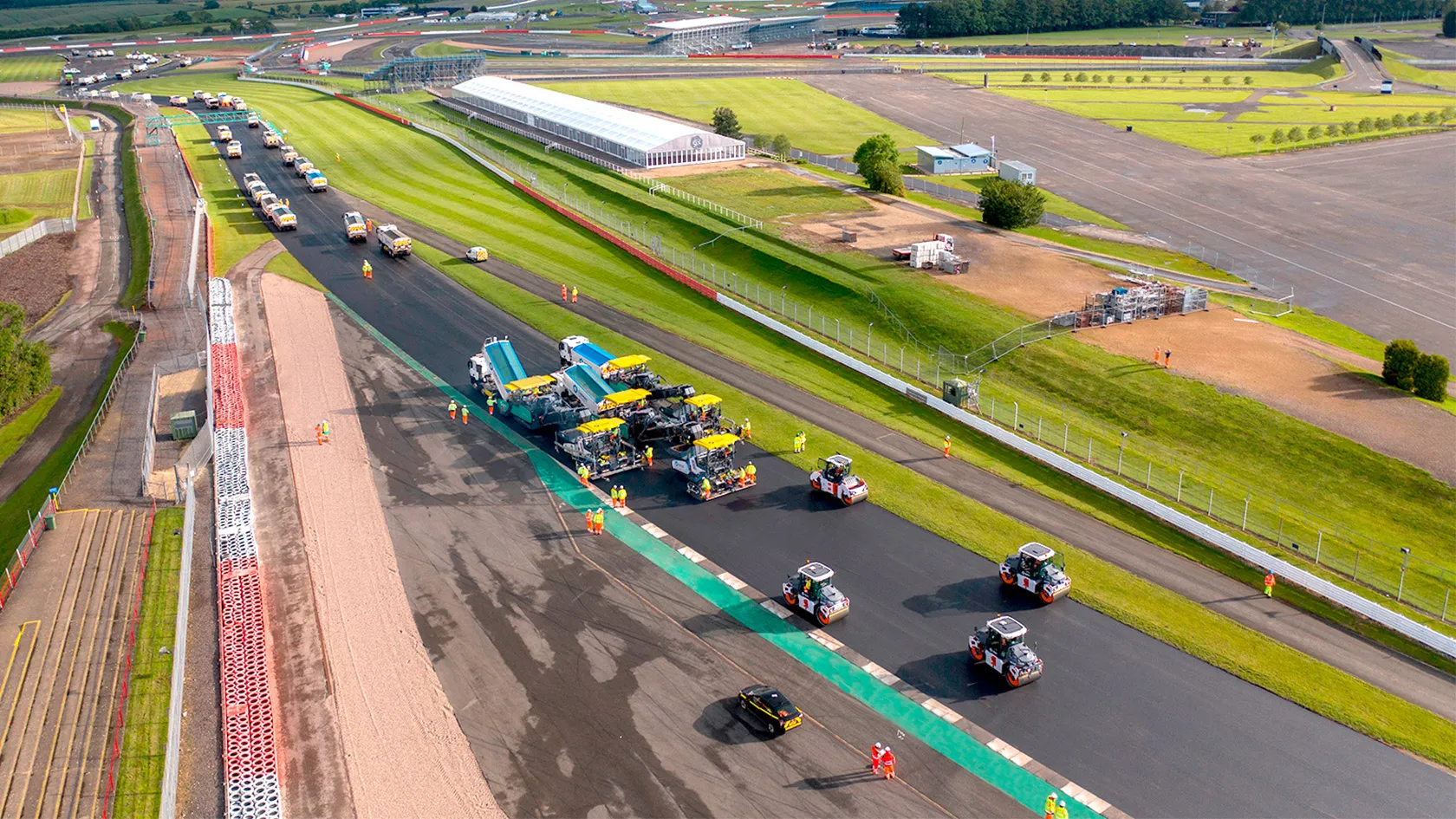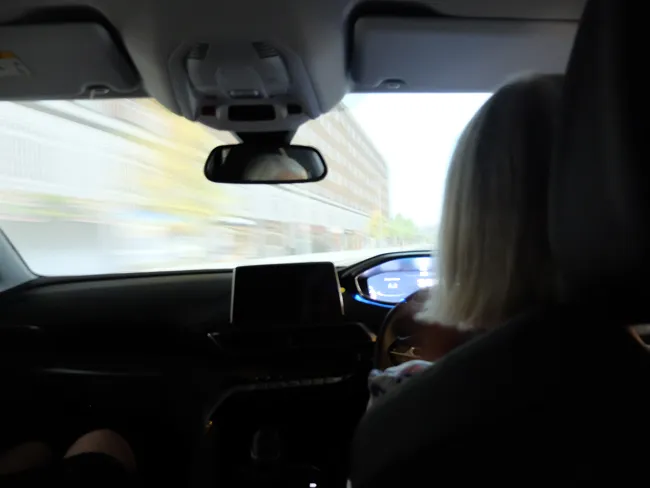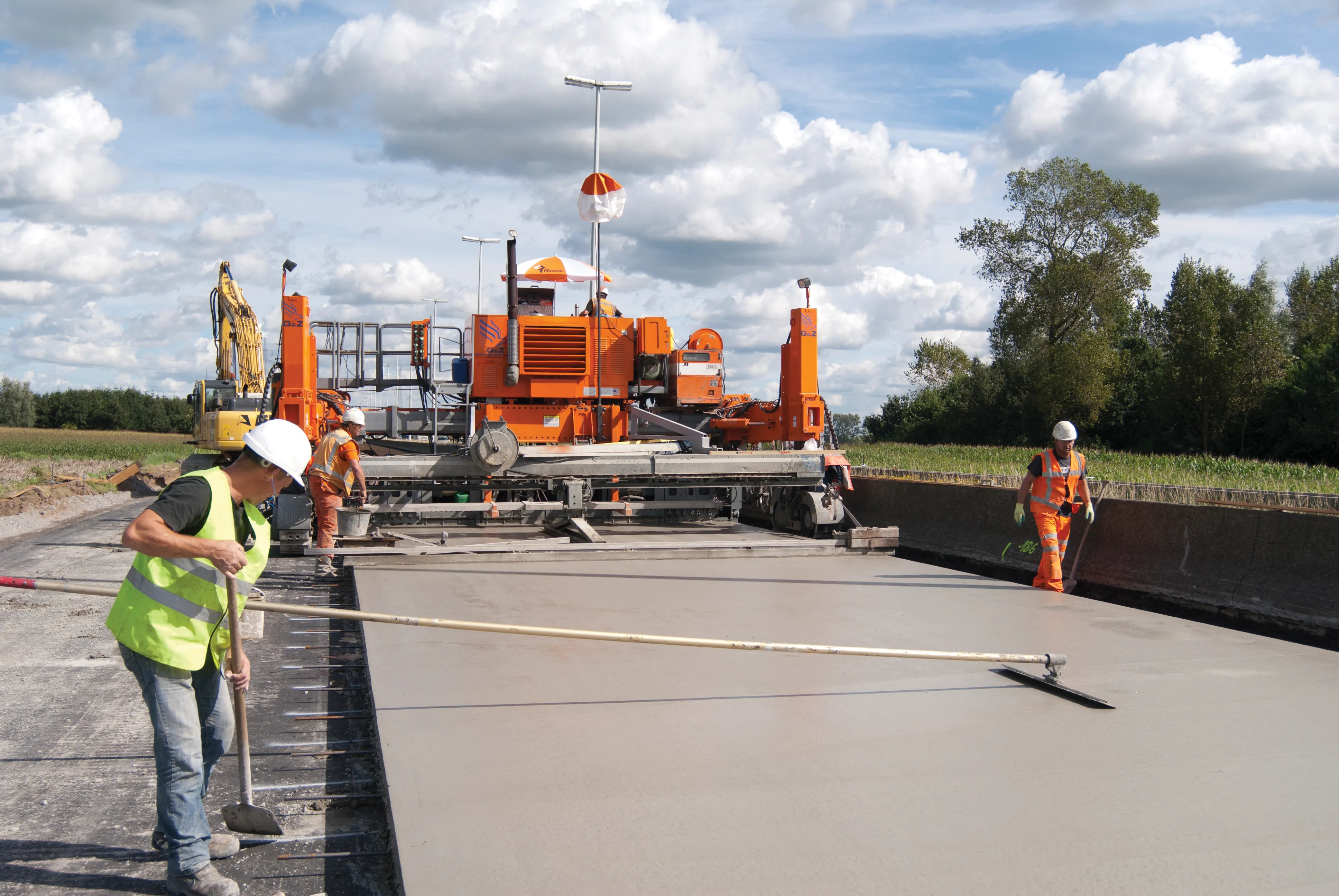Each year in Germany, up to 80 accidents are caused by drivers on the wrong side of the road, of which many are on- and off-ramps to a main highway. To prevent this, a pilot test has been devised to alert drivers to their wrong-way direction. Cold plastic, one-sided rumble strips are being installed on the road surface within a 100cm-wide by 2cm-deep recessed groove across the lane. The specially shaped cold plastic coating with an uneven, rough bulge gives drivers a strong tactile and acoustic signal, aler
December 11, 2015
Read time: 2 mins
Each year in Germany, up to 80 accidents are caused by drivers on the wrong side of the road, of which many are on- and off-ramps to a main highway
To prevent this, a pilot test has been devised to alert drivers to their wrong-way direction. Cold plastic, one-sided rumble strips are being installed on the road surface within a 100cm-wide by 2cm-deep recessed groove across the lane.
The specially shaped cold plastic coating with an uneven, rough bulge gives drivers a strong tactile and acoustic signal, alerting them of the hazard situation. But drivers who are driving in the correct direction will notice only a slight bump in the road.
A prototype was tested on the former military airbase in Rothenburg, a town in Germany’s Upper Lusatia region and close to the Polish border.
A 32m-long test route consisting of five strips was set up. For the diagonal markings, a cold plastic material developed from Limboplast, made by4009 Evonik Industdries, especially for applying to the grooves in the road surface.
Limboplast for rumble strips is based on1659 Degaroute from 337 Swarco Limburger Lackfabrik, said Jochen Henkels, business director for road marking and flooring at Evonik.
The hard, abrasion-resistant material will also protect the road surface where the rumble strips are applied and the edges formed by the cutting process against premature wear and tear.
A second test track will soon be set up, he said. It takes three to four hours to install the system that will likely cost around €3,500 for each junction.
To prevent this, a pilot test has been devised to alert drivers to their wrong-way direction. Cold plastic, one-sided rumble strips are being installed on the road surface within a 100cm-wide by 2cm-deep recessed groove across the lane.
The specially shaped cold plastic coating with an uneven, rough bulge gives drivers a strong tactile and acoustic signal, alerting them of the hazard situation. But drivers who are driving in the correct direction will notice only a slight bump in the road.
A prototype was tested on the former military airbase in Rothenburg, a town in Germany’s Upper Lusatia region and close to the Polish border.
A 32m-long test route consisting of five strips was set up. For the diagonal markings, a cold plastic material developed from Limboplast, made by
Limboplast for rumble strips is based on
The hard, abrasion-resistant material will also protect the road surface where the rumble strips are applied and the edges formed by the cutting process against premature wear and tear.
A second test track will soon be set up, he said. It takes three to four hours to install the system that will likely cost around €3,500 for each junction.








